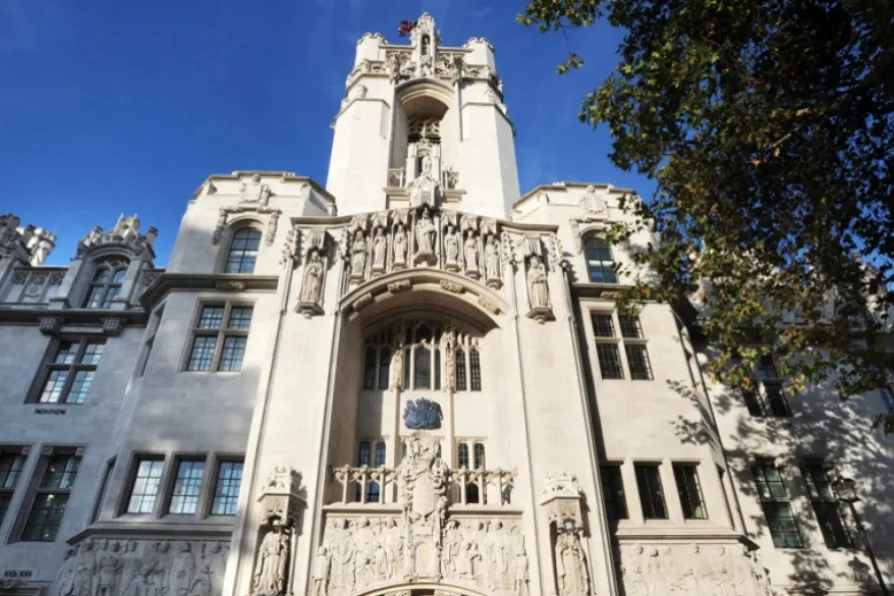Westminster and Holyrood's Brexit battle reaches Supreme Court

 The Supreme Court in Parliament Square, London
The Supreme Court in Parliament Square, London
A CONSTITUTIONAL battle between Westminster and Holyrood over the post-Brexit powers of the devolved institutions reached the Supreme Court today.
The case concerns the “competence” of the Scottish Parliament to legislate on Brexit after it passed the European Union (Legal Continuity) (Scotland) Bill in March.
Scotland’s Lord Advocate James Wolffe QC argued that the Bill was intended to “ensure the greatest possibile continuity of law” after Brexit but was referred to the Supreme Court by the British government’s senior law officers — the first time a Holyrood Bill has been referred.
Similar stories













